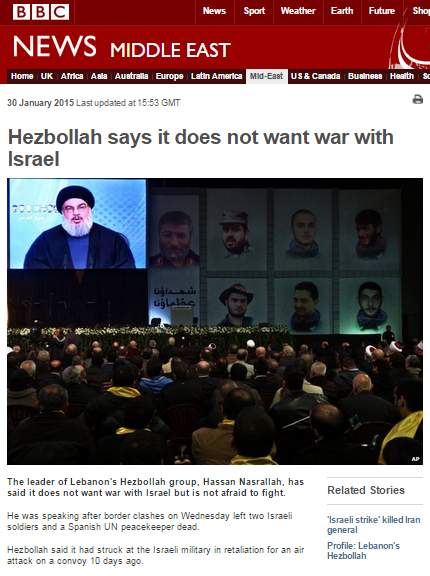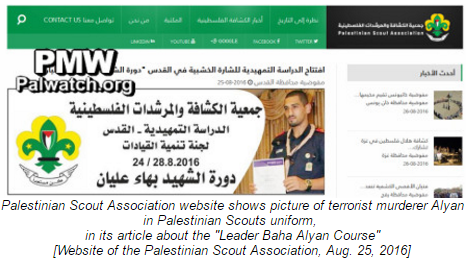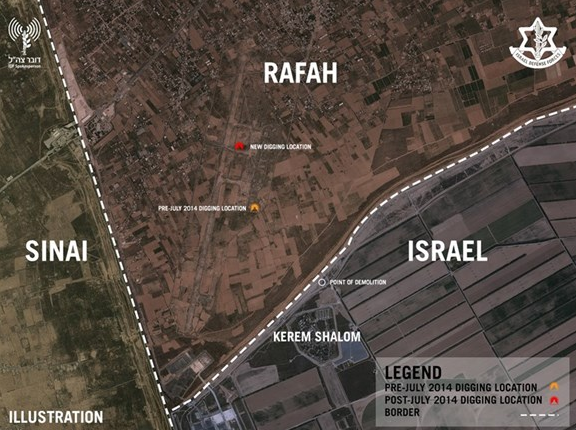On January 30th the BBC News website’s Middle East page published a report about a 90 minute video address given on the same day by the leader of Hizballah. Titled “Hezbollah says it does not want war with Israel“, the 270 word article actually devotes a mere three sentences to description of the content of Nasrallah’s speech.
“The leader of Lebanon’s Hezbollah group, Hassan Nasrallah, has said it does not want war with Israel but is not afraid to fight.” […]
“Sheikh Nasrallah said his group had the right to respond to “aggression” from Israel “wherever” it wished.” […]
“”We do not want a war but we are not afraid of it and we must distinguish between the two and the Israelis must also understand this very well,” he said.”
Perusal of the account of the address published by the Lebanese English language outlet The Daily Star shows that there was a lot more to the Hizballah leader’s message than the BBC’s ‘Nasrallah the peacenik’ portrayal makes out.
“Hezbollah is ready to respond to Israel at any time and in any place, party chief Hasan Nasrallah underlined in a fiery speech Friday, two days after its troops ambushed an Israeli military convoy, killing two soldiers. […]
“We don’t want war but we don’t fear it,” he declared. “The resistance in Lebanon is not concerned with rules of engagement. It is our legitimate and legal right to fight aggression, wherever and whenever it may occur.”
Addressing the Israeli people, Nasrallah said: “If the Israeli thinks that the resistance fears war, I tell them today in the commemoration of the Qunaitra martyrs and after the Shebaa revenge attack, that we don’t fear war and we are not reluctant to engage in it if it is imposed on us.””
No less significant is the fact that the BBC airbrushed out of its account Nasrallah’s references to the ties between his organization and the Syrian regime and Iran. Just days before the January 18th strike on Hizballah operatives and Iranian Revolutionary Guards in the Syrian Golan, Nasrallah had denied in an interview with Al Mayadeen that his forces were active on the Syrian-Israeli border. The presence of Hizballah terrorists and IRGC officers revealed by the strike (as one Lebanese commentator put it; they were not there for a picnic) had already proved Nasrallah’s claim to be a lie – and parts of his January 30th address further confirmed that fact.
“Nasrallah said that the martyrs of the attack reflect a “fusion of Lebanese-Iranian blood on Syrian territory, and reflects the unity of the cause and the unity of the fate of these countries.”
“When blood unites Palestine, Lebanon, Syria and Iran, then we will move towards an era of victory,” he added.”
The fact that Hizballah and Iran seek to open operations on the Israeli-Syrian border in addition to their existing presence on the Israeli-Lebanese border was not adequately clarified to BBC audiences in this report. That means that the corporation’s funding public remains in the dark with regard to the implications for the region – which were laid out recently by Tony Badran.
“…Iran and Hezbollah’s determination to activate the Golan front — the essential takeaway from Nasrallah’s speech — makes a major conflagration all but inevitable. Israel cannot accept a new front with Hezbollah’s preferred rules of engagement in the Golan, which means that its measured response this time is unlikely to be tenable down the road.”
The rest of this BBC report is no less airbrushed. The internationally proscribed terror organization is described merely as “Lebanon’s Hezbollah group” and once again we see portrayal of the second Lebanon war which fails to clarify to audiences that the conflict was initiated by Hizballah by means of a cross-border attack and missile fire on Israeli civilian communities.
“Hezbollah and Israel fought a brief, deadly war in 2006, which ended in stalemate after death, destruction and disruption on both sides of the border.”
Likewise, we see that rather than presenting an accurate and impartial account of Hizballah’s interference in the Syrian civil war at Iranian instruction, the BBC uses the euphemism “become embroiled”.
“The group has since become embroiled in the war in Syria, on the side of President Bashar al-Assad.”
The article closes with the following statement:
“On Thursday, Israeli Prime Minister Benjamin Netanyahu said Iran was responsible for the attack on the Israeli troops.”
As long as the BBC continues to present its audiences with such glaringly airbrushed reports on Hizballah and its Iranian patron, BBC audiences will remain unable to place those words in their correct context and incapable of understanding the background to future regional developments to which the countdown has already begun.




